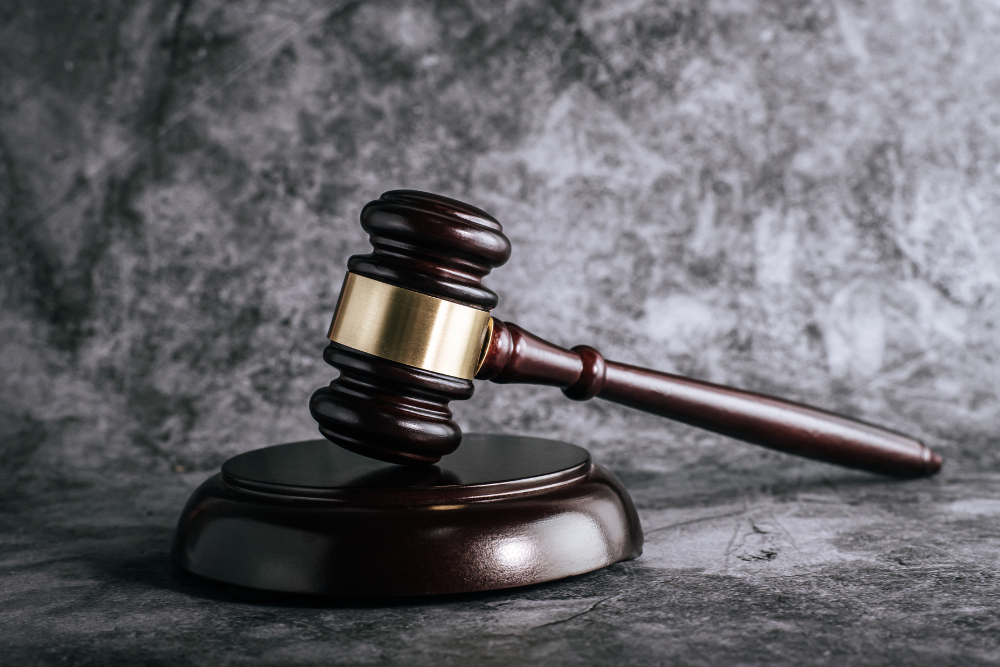The State of Punjab v. Principal Secretary to the Governor of Punjab (2023 INSC 1017) Date of Judgment: 10 November 2023

Judges: Chief Justice Dr. Dhananjaya Y. Chandrachud, Justice Jamshed B. Pardiwala, Justice Manoj Misra
Key Questions:
1. Can the Governor withhold action on bills passed by the State Legislature indefinitely?
2. Can the Speaker reconvene a Legislative Assembly session that has been adjourned sine die but not prorogued?
Factual Background:
• February 22, 2023: The Punjab Council of Ministers requested the Governor to summon the Punjab Vidhan Sabha for a Budget Session starting on March 3, 2023. The Governor initially refused, citing the need for legal advice.
• March 3, 2023: Following a Supreme Court decision on February 28, 2023, the Budget Session was summoned by the Governor.
• March 23, 2023: The Budget Session was adjourned sine die (indefinitely).
• June 19-20, 2023: The Assembly reconvened, and four bills were passed. The Governor questioned the legitimacy of the session and did not act on the bills, leading to a second round of litigation.
Supreme Court Decision:
• The Supreme Court upheld the petition, ruling that:
• The Governor cannot indefinitely withhold action on bills passed by the State Legislature.
• The Speaker has the authority to reconvene a session of the Legislative Assembly that has been adjourned sine die if it has not been prorogued.
Reasons for the Decision:
1. Governor’s Duty to Act Promptly on Bills:
• The Court referenced Article 200 of the Indian Constitution, which mandates that the Governor must either assent to or return a bill "as soon as possible."
• The term "as soon as possible" implies a prompt response, aligning with the legislative powers vested in the state legislature.
• The Court emphasized that indefinite inaction by the Governor violates the intent of Article 200 and the legislative process.
2. Reconvening After Adjournment Sine Die:
• Under Rule 16 of the Rules of Procedure of the Punjab Legislative Assembly, the Speaker can reconvene an Assembly session adjourned sine die but not prorogued.
• The Court distinguished adjournment (temporary break) from prorogation (formal end of a session) using the precedent of Ramdas Athawale v. Union of India (2010).
• Recognizing established legislative practices, the Court held that the Speaker's authority to reconvene the Assembly in such a scenario is valid.
Here is a point-wise summary of the case Dr. Balram Singh v. Union of India (2023 INSC 950):
Background
1. Petition Basis: Filed under Article 32 of the Constitution of India to enforce the Employment of Manual Scavengers and Construction of Dry Latrines (Prohibition) Act, 1993, and the Prohibition of Employment as Manual Scavengers and Their Rehabilitation Act, 2013.
2. Objective: The petitioner sought a complete ban on manual scavenging and adequate rehabilitation for individuals involved in the practice, citing failure by the Union and State Governments to implement the provisions.
Key Issues Highlighted
1. Failure in Surveying: Inadequate identification of manual scavengers due to incomplete or outdated surveys in all districts, affecting effective enforcement of the Acts.
2. Government Position: The Respondents argued that the 2013 Act only mandates localized surveys by local bodies, not a national survey by the Union Government. Despite some efforts, including a 2013 survey and compensation payments, implementation remained insufficient.
Supreme Court Decision
1. Union Government’s Role: Directed the Union to:
• Develop policies to phase out manual sewer cleaning.
• Issue guidelines to prevent manual entry into sewers, including for outsourced tasks.
2. State Government Alignment: State governments must align policies with Union directives and implement comprehensive rehabilitation measures.
3. Enhanced Compensation: Ordered an increase in compensation for sewer-related deaths to ₹30 lakh, with additional measures for accountability and educational scholarships for affected families.
4. Policy Coordination: Emphasized the need for coordination among legal authorities for effective implementation of policies.
Reasons for the Decision
1. Emancipatory Aim of the Act: The Court highlighted that the 2013 Act upholds fundamental rights (Articles 15, 17, 23, and 24), aiming to eliminate oppressive practices and ensure dignity and fraternity.
2. Survey Data Issues: Data from past surveys (2013, 2018) showed inconsistencies and inaccuracies, failing to reflect the actual number of manual scavengers. Reports from bodies like the National Commission for Safai Karamcharis further underscored the unreliability of this data.
3. Institutional Failures:
• Key mandated bodies, such as State Commissions and the Central Monitoring Committee, either did not meet or were non-functional.
• Vigilance Committees essential for overseeing rehabilitation efforts were largely inactive across states.
4. Need for Accurate Survey Committees: The Court found that without proper state and district-level Survey Committees, accurate identification and effective rehabilitation planning could not be achieved.
5. Comprehensive Rehabilitation: Emphasized that rehabilitation requires both immediate and long-term socio-economic measures, including scholarships, beyond mere economic compensation for sustainable upliftment.
